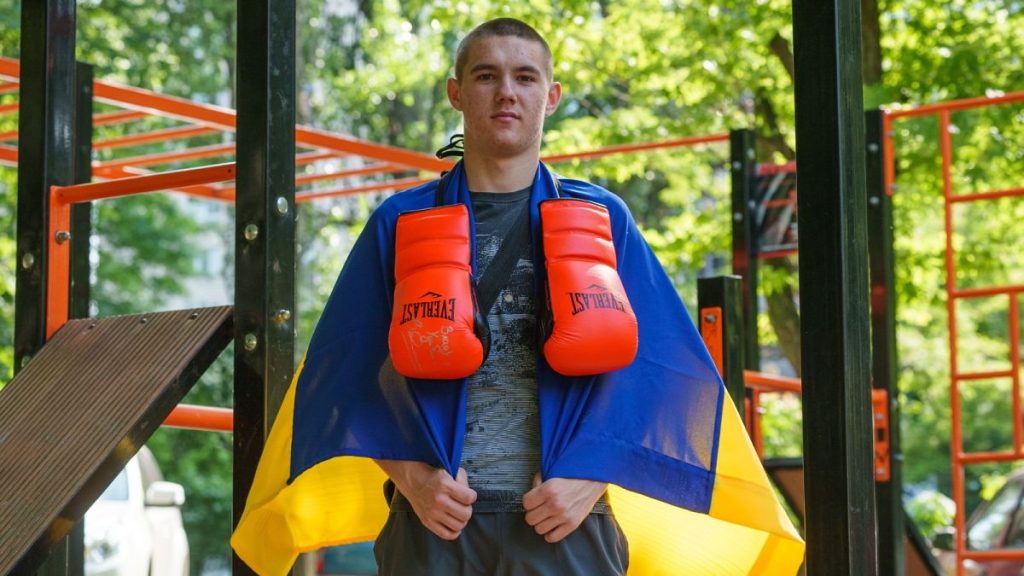Russian forces occupying Ukrainian territories have been targeting Ukrainian children, forcing them to attend Russian schools and participate in military education programs to instill Russian values and eliminate any sense of Ukrainian identity. Parents like Tetyana Bodak have had to risk their lives to rescue their children from deportation and indoctrination. Mykola Kuleba’s organization, Save Ukraine, works to bring back deported children, but the process is complex and dangerous, with Russia withholding information on the whereabouts of the children. Many children who have been deported face physical and psychological abuse, with some being forced to serve in the Russian military against their will, leading to long-lasting negative consequences for their mental health.
The story of Vlad, who was forcibly deported to Crimea and later to a naval academy in Lazurne, highlights the difficulty of rescuing Ukrainian children from Russian occupation. Vlad’s mother, Tetyana, embarked on a dangerous journey through Russia to reach her son, facing interrogations and threats along the way. Despite the challenges, Tetyana’s determination led to Vlad’s eventual return to Ukraine. The mental health of children like Vlad is a significant concern, with many experiencing trauma and fear after their ordeal. Organizations like Save Ukraine provide rehabilitation programs for these children and their families, but the process of reintegrating them into society and restoring their well-being remains a challenge.
The longer Ukrainian children are under Russian occupation, the harder it becomes to bring them back and restore their national identity. Teenagers like Vlad may already have formed opinions and memories of their heritage, making it more challenging to re-establish their connection to Ukraine. The window of opportunity to save these children is closing rapidly, particularly for those who have been under Russian occupation for an extended period. Kuleba emphasizes the urgency of rescuing these children before it is too late, as the psychological and emotional impact of their experiences will have lasting effects on their lives.
The case of a 13-year-old Ukrainian child placed in a foster Russian family, where he faced abuse and indoctrination, reflects the systemic targeting of Ukrainian children by Russian forces. These children are made to adopt Russian citizenship and values, often leading to their recruitment into the Russian military and involvement in the conflict against Ukraine. The trauma and violence experienced by these children and their families necessitate comprehensive support and rehabilitation programs, as they struggle to reintegrate into society and overcome the physical and psychological scars of their ordeal.
The situation in Ukraine highlights the devastating consequences of Russian aggression on Ukrainian children, who are facing displacement, indoctrination, and violence at the hands of Russian forces. The efforts of organizations like Save Ukraine to rescue and rehabilitate these children are crucial in ensuring their well-being and safeguarding their future. However, the challenges of restoring the lost generation of Ukrainian children, whose national identity has been eroded by Russian occupation, underscore the urgent need for international intervention and support to protect the rights and welfare of these vulnerable individuals.
The stories of individuals like Vlad and Tetyana shed light on the human cost of the conflict in Ukraine, where innocent children are caught in the crossfire and subjected to unspeakable atrocities. The resilience and determination of parents like Tetyana, who risk everything to save their children, underscore the strength and courage of the Ukrainian people in the face of adversity. As the international community grapples with the ongoing crisis in Ukraine, it is essential to prioritize the protection and well-being of Ukrainian children and provide them with the support and assistance they need to rebuild their lives and reclaim their sense of identity and belonging in a country torn apart by war.













